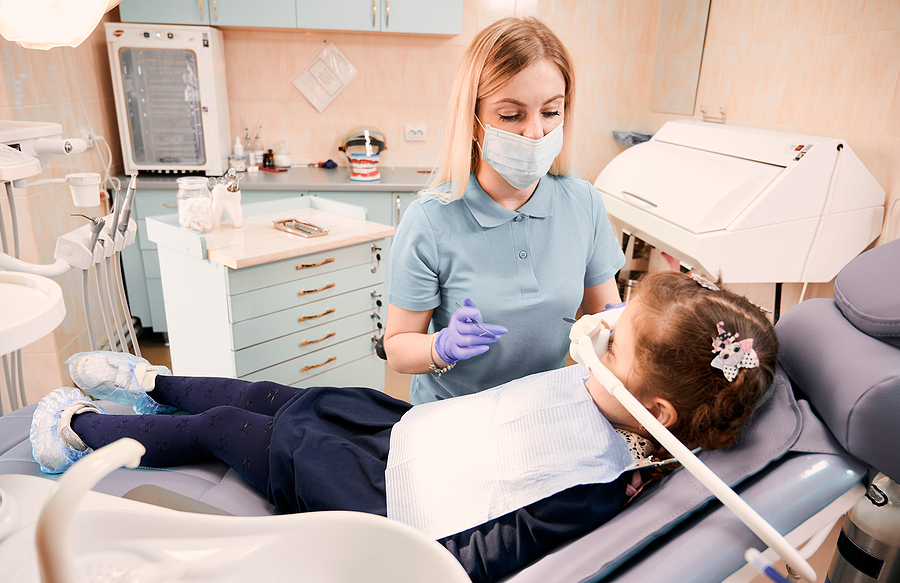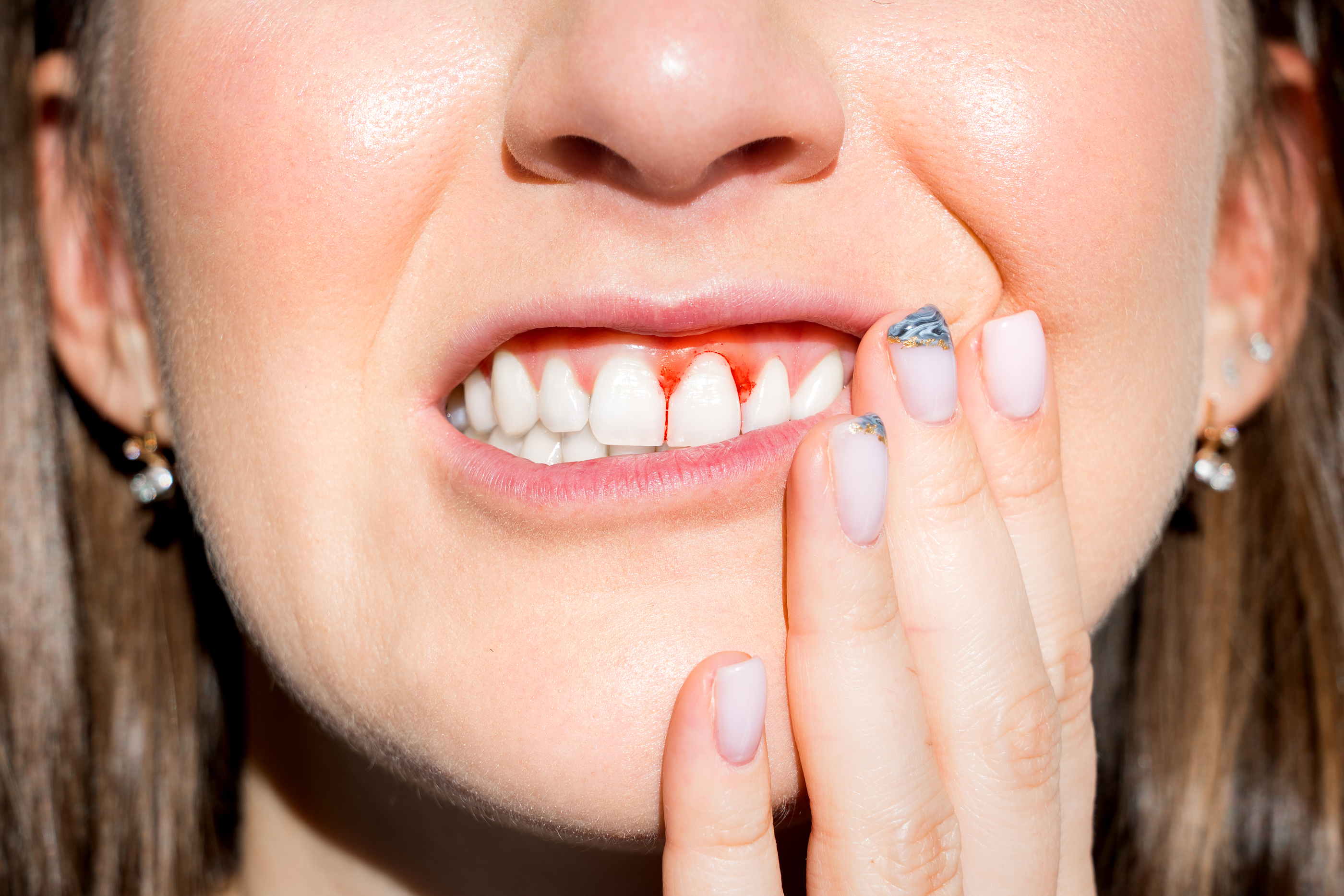Why do I need my crown replaced?
Several of my new patients have come into our practice recently, and many of them have asked me this very common question, ‘I thought crowns lasted forever; why do I need my crown replaced?’ In each of these new patients I had found decay under their crowns, some mild and some so deep the tooth could not be saved. This prompted me to write an article to explain this common misconception.
A crown is the last restorative step a dentist can take before the tooth is lost. A crown can either be partial or a full, meaning it fits over the part of the tooth or all of it. A crown can restore the tooth for many years. How long a crown last depends on the quality of the dentist’s technique and how well the patient takes care of the tooth.
Where the crown meets the tooth is very vulnerable. This is where decay can get it. The crown itself never decays but the tooth can, especially in the seam or margin. There are many reasons this can happen. For instance, sometimes crowns don’t really fit well to begin with. The lab could have made an error while making the crown, or the cement may have not sealed well because of moisture contamination.
There are steps that you and your dentist can take to be sure you have a quality crown:
1. The patient should have healthy gums before the crown is made so the impression is accurate.
2. Dentists should check the impression carefully. Even the smallest bubble means the impression should be redone. If the impression isn’t perfect then the lab can’t make a quality crown. Over the years I have talked to many dental labs; their estimate is 50% of the impressions are inadequate.
3. The dentist should work under high power magnification to insure a clear margin, or edge, for the dental lab.
4. While the patient is wearing the temporary, excellent home care is essential. The patient needs to keep the tooth and gums very clean.
5. The dentist should clean and disinfect the tooth before seating the crown.
6. The dentist should carefully check the fit of the crown before cementing.
7. The dentist should us a water insoluble cement. 70% of dental cements are water soluble and their failure rate is higher.
8. It is important that the bite is correct. An error of a few degrees can cause problems. The dentist should carefully evaluate the bite on all crowns. However, after the seating of the crown the patient is usually numb. If the bite doesn’t feel right after the patient returns home the patient should always come back for an adjustment. Patients that ignore that their bite is off can cause real problems to their dental health.
9. The dentist should take a final x-ray to verify the fit is excellent.
10. The patient then should schedule a follow up continuing care appointment.
11. If the patient feels that their floss is catching on an edge around the crown or the floss shreds, the patient should make a follow up appointment and the crown should be reevaluated by the dentist. This could be a sign of problems with the crown.
12. The patient should eat a diet low in refined sugars. This is important for the dental and overall health of the patient.
If a patient needs a crown, I would assume that the patient has or has had a high risk of dental decay. In this case, follow up appointments are extremely important. If something starts to go wrong we want to be able to catch it early. Regular cleanings as well as brushing and flossing at home are also very important for the health of all your teeth including your crowns.
Most patients choose to have ceramic crowns. These crowns are beautiful and natural in appearance and are kind to the dental tissues. The disadvantage is a small percent of ceramic crowns do break or fracture. This should be taken into consideration when getting a new crown.
To sum up, crowns usually need to replaced at some point, but the patient can do a lot to preserve the health and longevity of their crowns. First, choose a dentist that abides by all of the guidelines stated above. Second, take responsibility for your dental health. Have regular cleanings, excellent home care and diet, and follow up on any and all concerns related to your crown.
At Seattle Dental Care, our team of dedicated naturopathic dentist will ensure that you receive the best care possible and that you understand the importance of preventive care and nutrition. If you're ready to experience the best biological dentistry, please contact holistic dentist Seattle at (206) 728-1330 or visit us at 2107 Elliott Ave Ste 210, Seattle, WA 98121. We will be happy to guide you further.
Seattle Dental Care
Office Hours
MON - SUN 8:00 am - 6:00 pm
Location
2107 Elliott Ave Ste 210,
Seattle, WA
Phone : (206) 728-1330Text Us : (206) 728-1330






